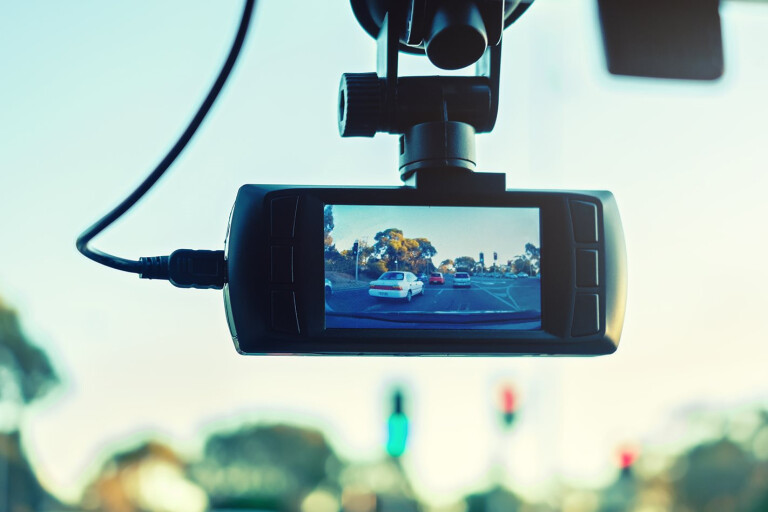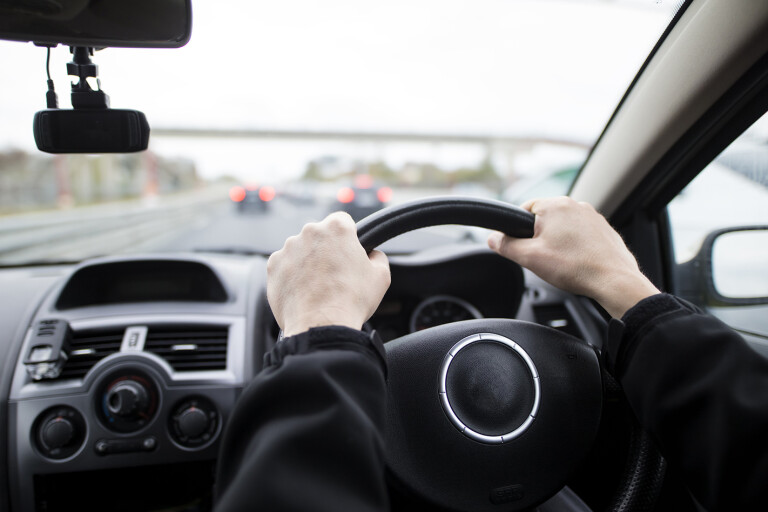
The accident rate among young drivers could be slashed if parents were allowed to evaluate their children’s driving via their dashcam footage, new research shows.
The study, commissioned by the UK-based RAC Foundation, showed that dashcams and driving-data black boxes are likely to reduce hoon behaviour among young drivers if they were open to parental scrutiny, in the same way commercial fleet operators monitor their drivers.

"Whilst teenagers may baulk at the idea of mum and dad effectively supervising their every trip, a constant parental presence, delivered through technology, has been shown to moderate risky behaviour behind the wheel,” said RAC Foundation director Steve Gooding.
"Every parent of a young driver wants their child to drive safely without having to be in the car themselves, but through black box telematics and dashcam technology, virtual supervision can have a big impact.”
The research, led by Dr Bruce Simons-Morton from the Eunice Kennedy Shriver National Institute of Child Health and Human Development in Maryland, USA, also affirmed the success of graduated licence systems as used in Australia that include a minimum learning period, night restrictions and limits on driving with passengers under a certain age.
While certain measures in Australia contributed to a 37.6 percent reduction of road fatalities among the 17-25 age group, Australian Bureau of Statistics figures show it's still over-represented in road accidents, accounting for a fatality rate of 7.5 per 100,000 young road users in 2018 – well above the 4.6 per 100,000 rate across all age groups.
Would you object to someone scrutinising your driving through technology, or should any method of road toll reduction be embraced regardless?
COMMENTS